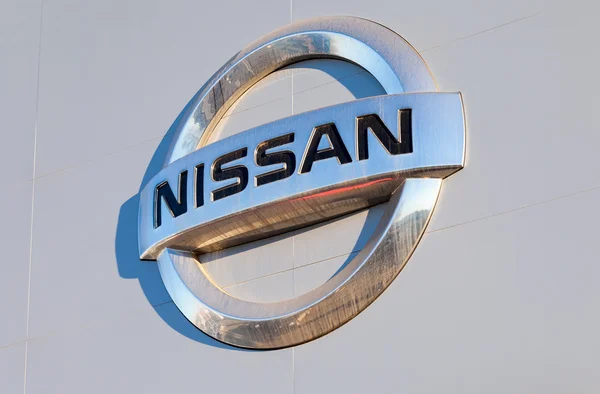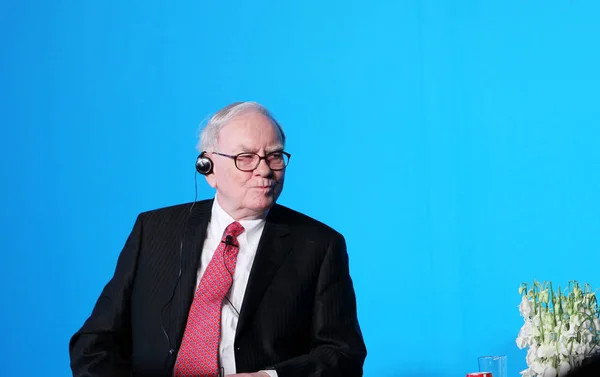Nissan’s Global Restructuring: Navigating Challenges Amidst Market Turbulence

In a significant move to address ongoing financial challenges, Nissan has announced a major restructuring plan involving the elimination of 20,000 jobs worldwide and the closure of seven manufacturing plants. This decision comes as the company grapples with declining sales in key markets, particularly China and the United States, and aims to streamline operations to restore profitability.
The job cuts represent approximately 15% of Nissan's global workforce, which totals around 133,500 employees. While specific details about the affected locations have not been disclosed, it is reported that two-thirds of the layoffs will impact manufacturing roles, with the remaining third affecting sales, administrative, research, and contract positions.
Nissan's Sunderland plant in the UK, employing about 6,000 workers, is not expected to be affected by these cuts. The company's focus is on reducing its global production capacity by nearly 20%, aiming to decrease the number of factories from 17 to 10 by 2027. This strategic move is part of Nissan's efforts to save approximately 500 billion yen (around £2.6 billion).
The restructuring follows a challenging financial year for Nissan, which reported an annual loss of 670 billion yen ($4.5 billion). The company's performance has been adversely affected by falling sales in China, heavy discounting in the US, and the impact of tariffs introduced by the US government. These factors have significantly eroded Nissan's earnings and market share.
In addition to the financial setbacks, Nissan's proposed merger with fellow Japanese automakers Honda and Mitsubishi collapsed in February. The merger aimed to create a $60 billion automotive giant, positioning it as the fourth-largest in the world by vehicle sales. However, disagreements over the structure of the merger led to its dissolution.
Following the failed merger, Nissan appointed Ivan Espinosa as the new Chief Executive Officer, replacing Makoto Uchida. Espinosa, previously the company's Chief Planning Officer and head of its motorsports division, is tasked with steering Nissan through this period of transformation and returning it to profitability.
Espinosa has emphasized the need for Nissan to shift its focus from high-volume sales to profitability. The company plans to source more parts from fewer suppliers and reduce the average hourly workforce cost by 20% through research and development rationalization and relocation. These measures are intended to create a more efficient and sustainable cost structure.
Nissan's challenges are compounded by the rapidly evolving automotive market, particularly the rise of electric vehicles (EVs). In China, domestic manufacturers like BYD have gained significant market share, making it increasingly difficult for foreign carmakers to compete. Nissan's delay in embracing EV technology has left it vulnerable in this competitive landscape.
In the US, another critical market for Nissan, inflation and higher interest rates have dampened new vehicle sales. The company has struggled to maintain its foothold, facing stiff competition and changing consumer preferences. These market dynamics have necessitated a reevaluation of Nissan's strategies and operations.
As part of its restructuring, Nissan has also scrapped plans to build a battery and electric vehicle factory in Japan, signaling a pullback on investment in certain areas. Instead, the company is focusing on optimizing its existing resources and aligning its production with current market demands.
Despite the challenges, there are signs of potential growth. Supplier AESC has secured £1 billion to build a new battery plant in Sunderland, boosting the UK's electric car sector. This development could provide opportunities for Nissan to strengthen its position in the EV market and capitalize on emerging trends.
Nissan's restructuring represents a critical juncture for the company as it seeks to navigate a complex and rapidly changing automotive industry. The success of these measures will depend on Nissan's ability to adapt to market demands, embrace innovation, and execute its strategic vision effectively.
What's Your Reaction?




















